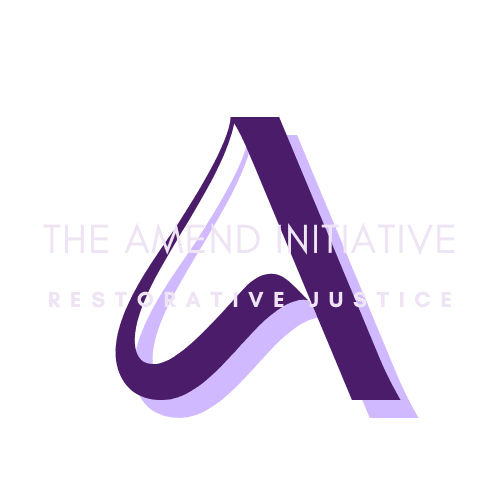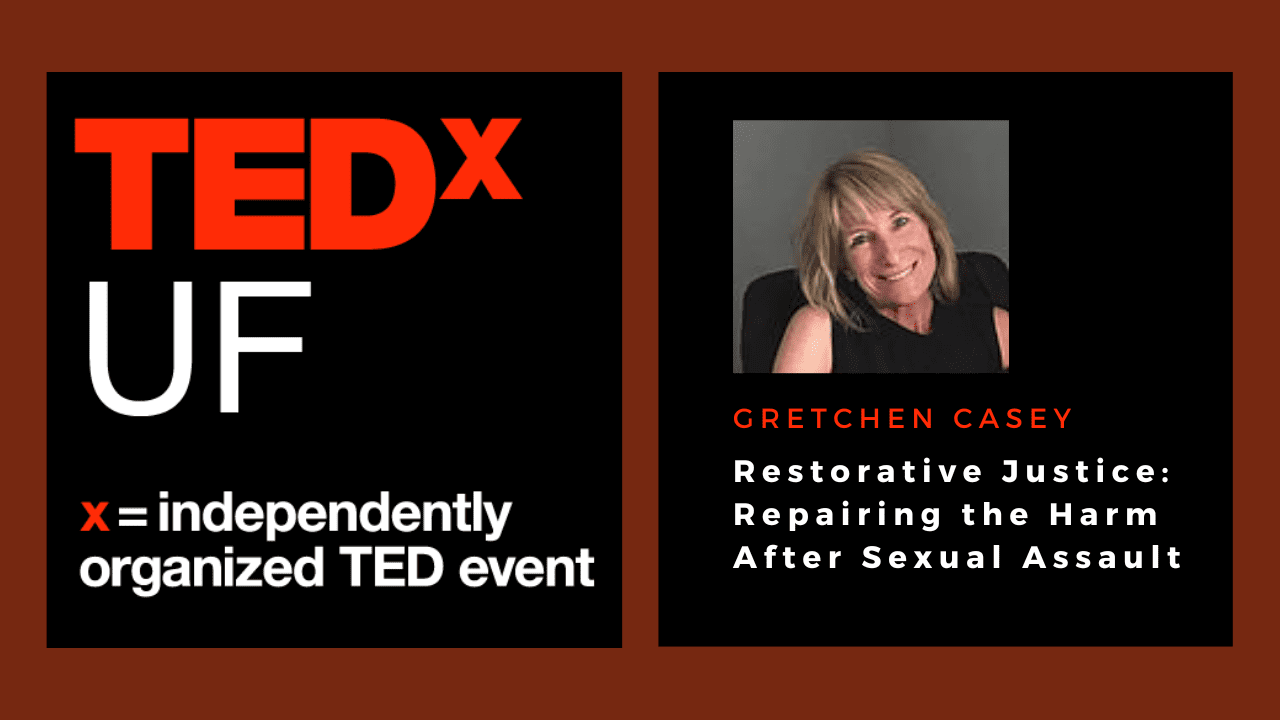WHAT THE AMEND INITIATIVE OFFERS
“I want to work, create, and live in a world where we are phenomenal at the prevention, recovery and repair of harm and conflict.”
~ Gretchen Casey
Who I am
The impetus for my work began when I began my career as a victim advocate counselor in 1985. As a first responder, crisis counselor, and an advocate and trainer on victim rights and services for over 34 years, I have listened to the needs of individuals and families who have experienced crisis, trauma, and recovery as a result of harm and conflict.
Empowering People to Face the Accused
For many people, crime results in a loss of safety, trust, and power. For many, this can critically impair relationships with others and, how you view yourself. Over the years, I have heard many individuals ask if it’s possible to face, speak about the impact, and listen to what happened with the person on the other side of a conflict. I often work with people struggling with how they can voice their needs and whether their needs will be acknowledged. Restorative Justice is a process to accomplish this.
Working to Repair the Harm
Can meeting and repairing those hurt by trauma be helpful to you? For some people, the option of restorative justice is an effective way to ameliorate harm, not only for individuals on both sides of a criminal court case, but for communities who are also deeply affected when violence or conflict occurs.
What I Offer
Facilitated, Reparative Conversations
I meet with people and explain the purpose and opportunity that Restorative Justice offers. People on both sides of the conflict learn what can be addressed through restorative meetings: People who have been ignored. Silenced. People who haven’t realized a powerful option exists for accountability and repairing harm.
Facilitated, reparative conversations can invite individuals to discuss uncomfortable events. In doing so, we honor and learn from the past, and prevent repeating mistakes. That is how we unlearn harm. Justice becomes restorative through communication that is based upon respect, responsibility and repair.
Safety is a Priority
Please note that using Restorative Justice approaches is not a solution for every case. Sometimes circumstances and significant safety concerns make it impossible or inadvisable to set up a meeting.
Questions?
Please contact me directly and let’s discuss how we can help.
Education and Training
An Unfamiliar Concept
Restorative Justice is not commonly understood or practiced in every community. The concept and practice of restorative justice is a challenge for people who are unfamiliar with it.
I believe it is imperative to train and facilitate restorative justice practices to increase justice, repair harm, and demonstrate accountability. Through the Amend Initiative, I am available for group training programs, educational events and to directly facilitate Restorative Justice meetings.
Workshops, Keynotes, and Trainings:
- Introduction to Restorative Justice: What, How When, Why
- Restorative Justice and Sexual Assault: Can this be a safe Option?
- Challenging the Lens of how we label People
- Restorative Justice: Beyond getting people “through” the system
- A specific training unique to your audience’s needs.
Please send a message to discuss the details.
Videos, Links and Articles

